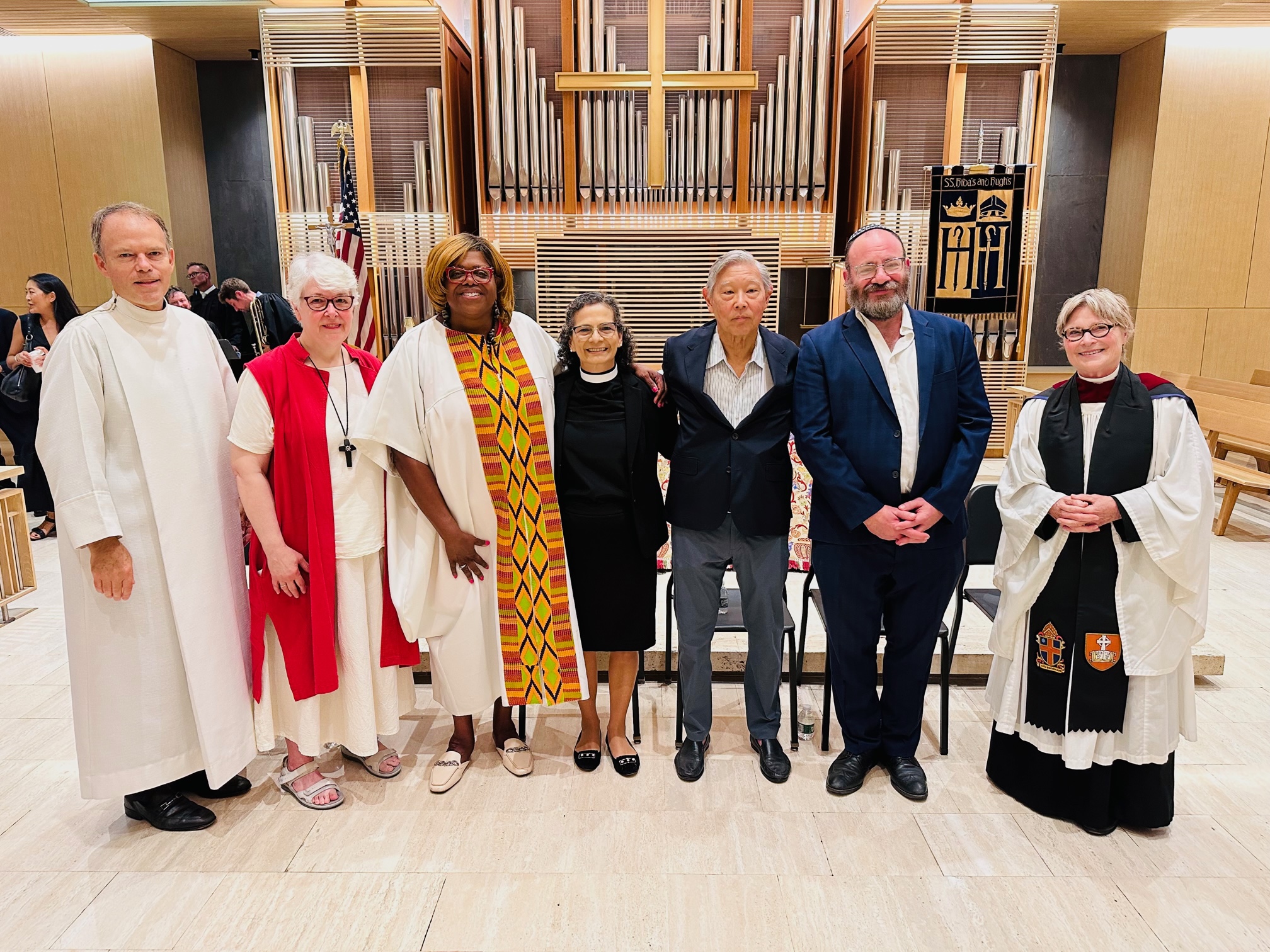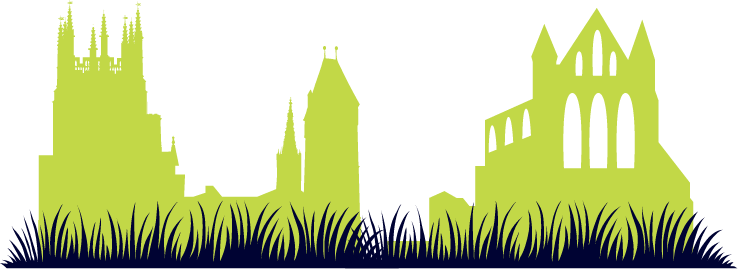Mother Ruth learned from experience the harm done by discrimination. As a biracial woman from Harlem, she faced rejection when pursuing her religious vocation in the United States. Mother Ruth was determined to build a school that reflected the rich diversity of its city and utilize this diversity as one of its greatest strengths. Enrolling children from different racial, economic, and religious backgrounds, Mother Ruth revolutionized the exclusive tradition that defined independent schools at that time.
Our Commitment to Diversity, Equity, and Inclusion
Principles of educational diversity, equity, and inclusion were at the heart of St. Hilda’s & St. Hugh’s mission when it was founded in 1950.
Our founder, the Rev. Mother Ruth, envisioned St. Hilda’s & St. Hugh’s as a school that would reflect the diversity of New York City and would unite children and families from all backgrounds to learn from one another and about one another, tearing down the walls and divisions that might separate people of different cultures, creeds, and classes.
I hope that an Episcopalian who attends our school becomes a better Episcopalian, a Jewish child a better Jew, and an agnostic a better agnostic.
The Rev. Mother Ruth, Founder
For nearly 75 years, St. Hilda’s & St. Hugh’s has endeavored to fulfill and expand Mother Ruth’s inclusive mission, which recognizes the intrinsic value that each student, teacher, and parent brings to the school community: “We believe that all creation is sacred; each member of the school community is respected as a unique individual.” Additionally, the mission states, “We strive to create an educational community that reflects unity in diversity: a unity of purpose and shared values among a population diverse in race, culture, and religious beliefs.”
St. Hilda’s & St. Hugh’s remains committed to enrolling a diverse community and equitably serving its students, families, and faculty through its academic and curricular programs, and we have expanded upon our founder’s original definition of diversity to reflect a more comprehensive understanding of identity, which goes beyond race and includes ability, gender, and sexual orientation. This commitment requires us to be conscious about all the ways in which an individual constructs identity, and we joyfully embrace our vital role in helping students to feel fully themselves as they grow and develop.
Current St. Hilda’s & St. Hugh’s DEI initiatives include:
- Faculty SEED each year since 2012 and Parent SEED each year since 2015
- Faculty chapel talks that center culture, identity, justice, and well-being
- A comprehensive St. Hilda’s & St. Hugh’s Strategic Plan for Diversity, Equity, and Inclusion
- Full faculty yearlong collaborative book-read projects
- Parent Affinity Groups
- Parent and Faculty WARE (White Anti-Racist Education)
- Student Affinity Groups and Anti-Bias Alliance
- Cultural Heritage Month curriculum, programming, and celebrations
- Faculty Curriculum Self-Audit for Diversity, Equity, and Inclusion
- The Anti-Defamation League yearly anti-bias student training since 2019
- Student cross-division Peer Leadership that centers on identity
- Faculty professional development opportunities throughout the year
- NAIS People of Conference annual participation
For current parents who wish to learn more about events, resources and ways of connecting you and your children to our inclusive community, please visit the St. Hilda’s & St. Hugh’s DEI Parent Portal. There, you will find more information about our SEED programs, student and parent alliance and affinity spaces, Heritage Month celebrations, practical guides, curricular activities and so much more.
Our Inclusive Religious Identity
St. Hilda's & St. Hugh‘s Episcopal tradition is defined by the celebration and inclusion of the many traditions present in our diverse community, as well as sincere respect for the beliefs and practices of all.
From its earliest days, the school‘s approach has been to further our students’ spiritual growth as a critical aspect of their development. We care not only about the spiritual development of each student but also endeavor to increase their understanding of the religiously diverse world we live in.









